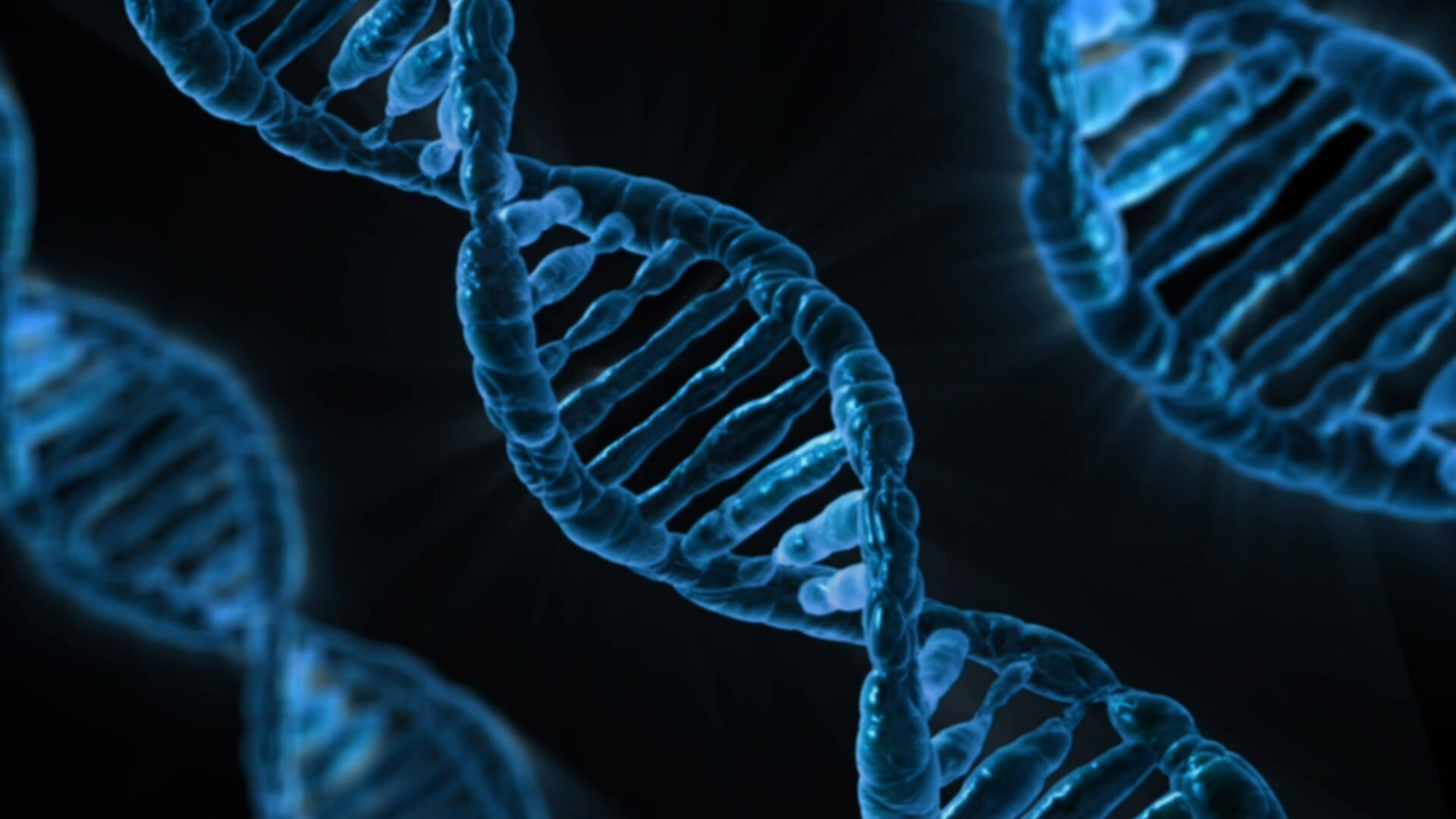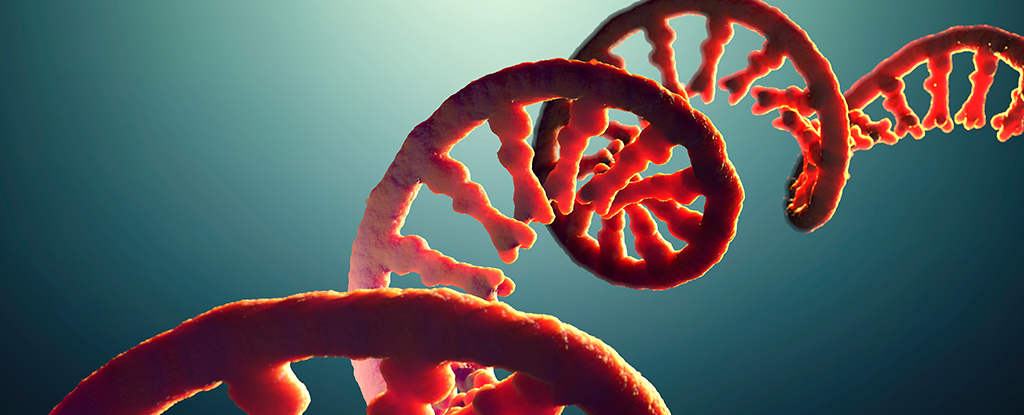
Gene expression, where cells use the genetic information encoded in DNA to produce proteins, has been thought of as a dimmer light.

A US infant with a rare condition has become history's first patient to be treated with a personalized gene-editing technique.

Combining several existing datasets, scientists zeroed in on thousands of potential new genes that make roughly 3,000 miniproteins.

Scientists have recently discovered 14 'skinny' genes that could influence how individuals lost weight in response to exercise.

A comparison of post-mortem brain tissue and samples taken from living patients has revealed for the first time significant differences in the way strands of RNA are modified.

Peering into the jungle of microbes that live within us, researchers have stumbled across what seem to be an entire new class of virus-like objects.

The treatment was a success, introducing a child who had known nothing of sound to a new world.

Researchers from Finland's University of Helsinki found that certain single mutations produce palindromes, which read the same backward and forward. Under the right circumstances, these can evolve into microRNA (miRNA) genes.

The electric eel is the biggest power-making creature on Earth. It can release up to 860 volts, which is enough to run a machine. In a recent study, Japanese researchers found electric eels can release enough electricity to genetically modify small fish larvae.

The 'longevity bottleneck' hypothesis has been proposed by Professor Joao Pedro de Magalhaes from the UK. The hypothesis connects the role that dinosaurs played over 100 million years with the aging process in mammals.

Scientists have taken an important step forward in understanding the human genome - our genetic blueprint - by fully deciphering the enigmatic Y chromosome present in males, an achievement that could help guide research on infertility in men.

A new study found that the Y chromosomes are degenerating gradually across many species of mammals.

To build the pangenome, scientists used data from the 1000 Genomes Project, which included participants from across ethnic groups. The development is a landmark in genomics.

Recent studies show that the famous gene-editing tool does more in bacteria than just spot DNA for chopping up; it coordinates with other proteins to bulk up defenses against invading viruses as well.

A new study proves same-sex reproduction in mice is possible, raising the distant possibility of using the same technique for people.